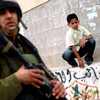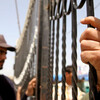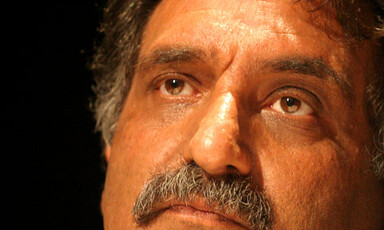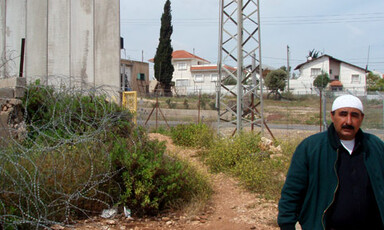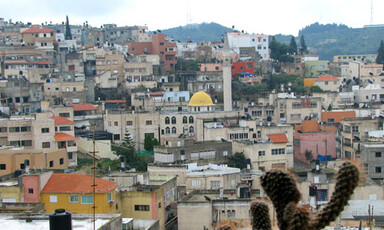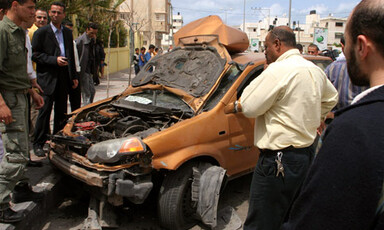
Bleak reality in Gaza gives rise to dreams of emigration
Gaza Strip, Palestine 4 May 2007
“Life has no taste in Gaza, where the law of the jungle rules. We are suffering because of the siege imposed on us by the Quartet: no salaries; no security as we are suffering from internal security chaos as a result of an absence of law; we are frustrated and feel hopeless. Thank God that we have the Mediterranean Sea along Gaza’s shores so that we can breathe; it’s the only place where Gazans usually go to enjoy themselves and have fun. Also, we, as youths, are lucky that we have Internet access to communicate with the outside world as we are locked in this cursed prison which is called Gaza.” Read more about Bleak reality in Gaza gives rise to dreams of emigration
